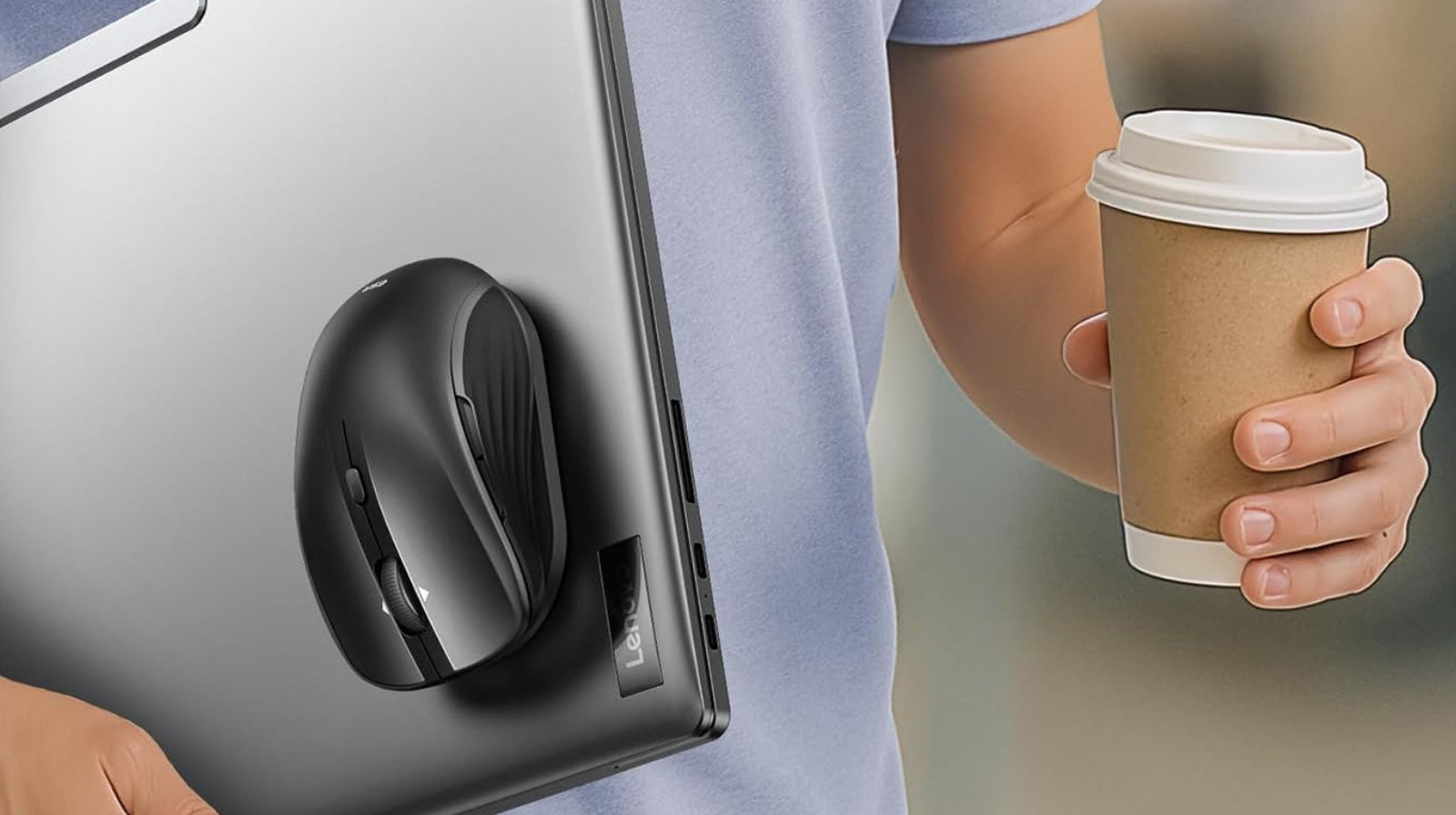Whether you’re a large Nigerian corporation or an average Joe banking on your fintech app, there’s one thing you two have in common: the taxman wants its taxes in full.
Here’s the ☕tea: On July 25, the Federal Inland Revenue Service (FIRS), Nigeria’s taxman, launched a real-time portal to track all payments that are taxable on value-added taxes (VATs) in a bid to crackdown on non-compliance. The agency directed all banks, card networks and payment providers to connect with that portal to monitor the transactions of Nigerians.
The taxman also rolled out an e-invoicing platform for corporate taxpayers on August 1. Every company with at least ₦5 billion ($3.3 million) in annual turnover, is expected to sign on to that platform. On Monday, the FIRS reported that 1,000 companies—about 20% of the total eligible corporate firms in the country—have joined, including the likes of MTN Nigeria.
The e-invoicing platform will monitor the authenticity and value of the corporate transactions of these companies in real time, making it harder for them to underreport sales or evade taxes.
Like a clever tax collector, the FIRS is not playing about its inflows in 2025. Both moves to tighten corporate and individual tax compliance target the same problem: chronic under-payment and pervasive evasion by defaulters. In July, the state ministry of finance and the FIRS claimed that Nigeria loses $20 billion (₦31 trillion) yearly to profit-shifting, outright tax avoidance, and “aggressive evasion” practices by large companies, especially multinationals. However, for the first time in years, tax collection from non-oil sectors improved by 44% in H1 2025, due to tougher enforcement practices.
The big picture: The FIRS wants to continue that trend. Getting all 5,000 eligible large companies onto the e-invoicing system will require ongoing technical support from the FIRS, followed by firm enforcement. Once the biggest taxpayers are on board, the tax commission plans to extend the system to smaller firms, tightening the tax net.








